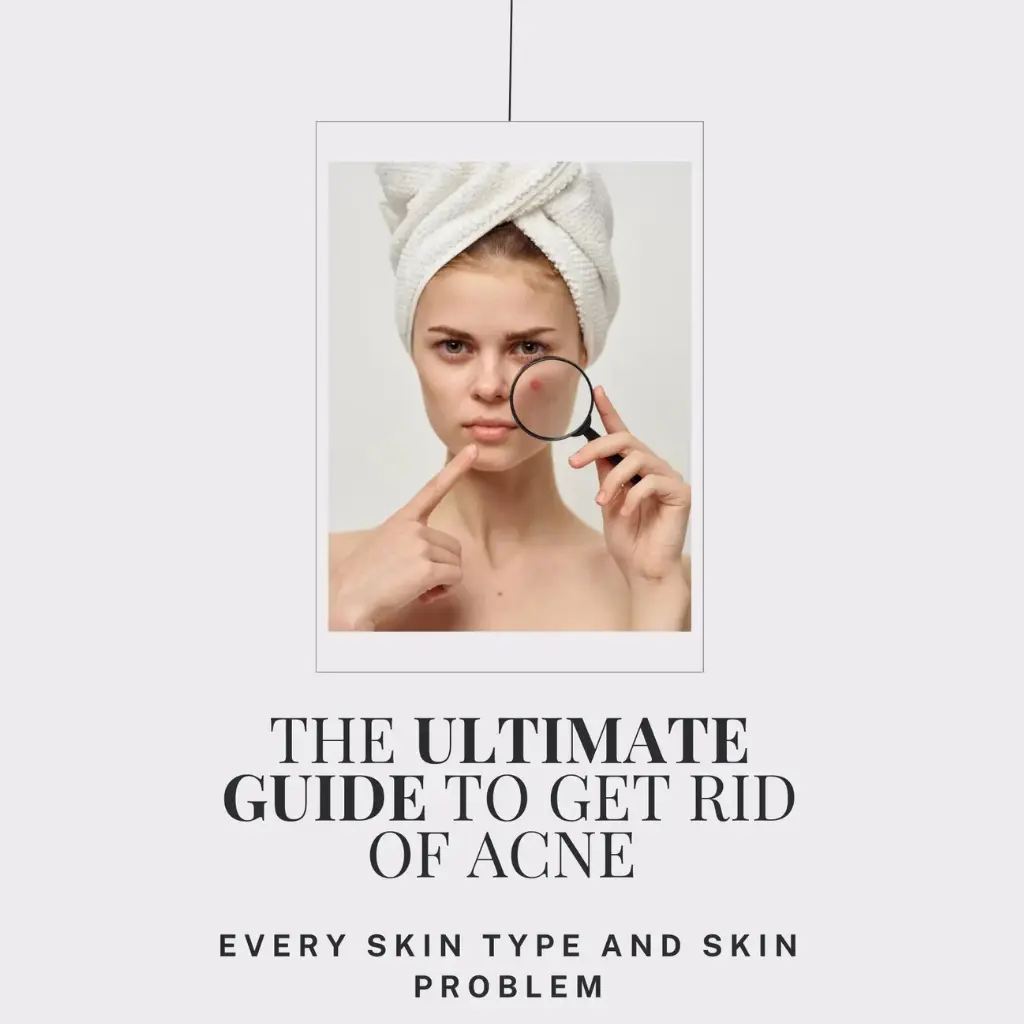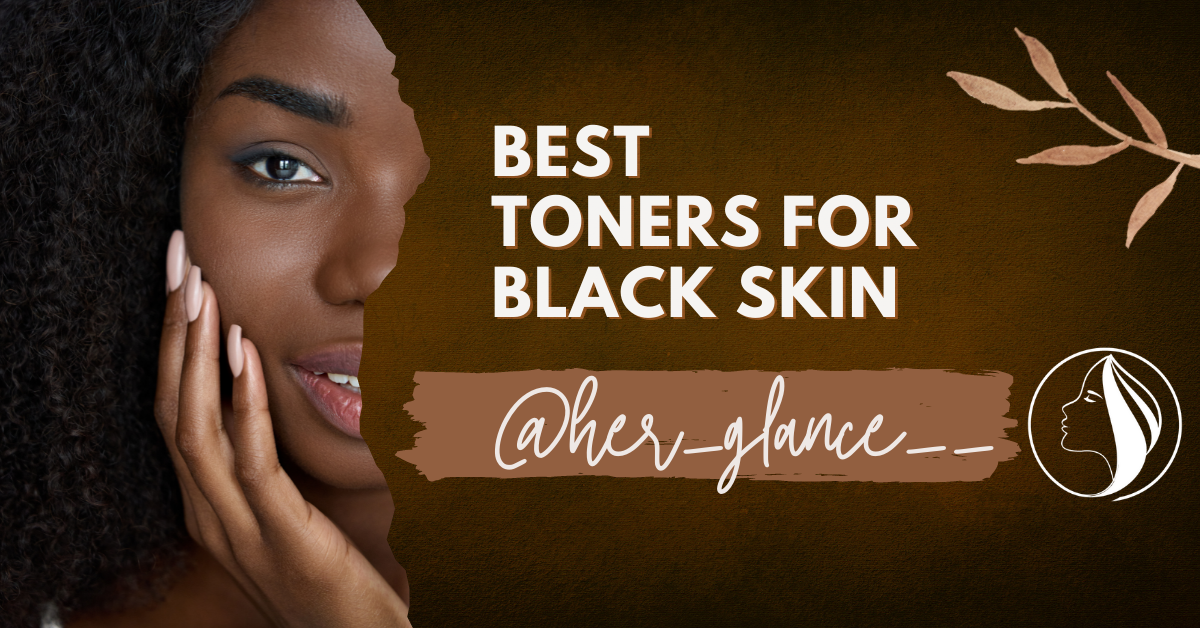Can You Take Collagen Type 1 2 And 3 Together
You’re likely aware of collagen’s role in maintaining youthful skin, but did you know it’s also vital for bone, joint, and gut health? If you’ve wondered if you can take collagen type 1, 2, and 3 together, you’re in the right place. In this article, we’ll delve into the unique benefits each type offers, potential side effects, and how they can work synergistically to boost your overall health. Let’s unravel the collagen conundrum together.

- Breaking Down the Different Types of Collagen
- The Role and Benefits of Collagen Type 1
- How Collagen Type 2 Contributes to Our Health
- Unraveling the Importance of Collagen Type 3
- Why People Supplement With Collagen
- Comparing Collagen Types: Differences and Similarities
- The Safety and Side Effects of Collagen Supplementation
- Investigating the Combination of Collagen Type 1, 2, and 3
- How to Effectively Supplement With Collagen Types 1, 2, and 3
- Real-Life Experiences: Stories From Those Who Take All Three Types of Collagen
- Conclusion
Breaking Down the Different Types of Collagen
You’re now diving into the specifics of the different types of collagen, breaking down their unique roles and benefits. Let’s start with Type 1. This is the most abundant type in your body, making up 90% of your collagen. It’s crucial for healthy skin, tendons, organs, and bone health. Taking supplements of Type 1 can help maintain your skin’s elasticity and reduce signs of aging.
Next, you’ve got Type 2. This collagen is primarily found in cartilage, which makes it essential for joint health. If you’re experiencing joint pain or inflammation, supplements of Type 2 might be your best bet to alleviate those issues.
Then there’s Type 3, which often works hand-in-hand with Type 1. This type supports the structure of muscles, organs, and arteries. On its own, it’s not as abundant, but it’s still crucial for overall health.
So, can you take all three types together? Absolutely. In fact, many collagen supplements contain a blend of these three types, offering a comprehensive approach to support your body’s needs. It’s also worth noting that these types don’t interfere with each other, so you’re safe to take them concurrently.
However, it’s essential to consult with a healthcare professional before starting any supplement regimen. They can advise you on the proper dosage and any potential interactions with medications or conditions. Remember, while collagen supplements can support your health, they’re not a replacement for a balanced diet and regular exercise.
The Role and Benefits of Collagen Type 1
Almost 90% of your body’s collagen is Type 1, which plays a pivotal role in maintaining the health of your skin, tendons, organs, and bones. It’s the most abundant collagen in your body, and it’s crucial for your overall well-being.
Type 1 collagen ensures the elasticity of your skin, keeping it firm and youthful. As you age, you’ll notice the production of this collagen type decreases, which can lead to skin sagging and the formation of wrinkles. But don’t worry, there are supplements available that can help you maintain the levels of this collagen type in your body.
Your tendons and ligaments also benefit from collagen Type 1. It provides them with the strength they need to perform their function, which is connecting your muscles to your bones. Without enough Type 1 collagen, you might experience joint pain or even injuries.
Your organs aren’t left out either. Type 1 collagen contributes to the health of your heart, lungs, and liver. It forms part of the structure of these organs, ensuring they’re functioning as they should.
Lastly, let’s talk about your bones. They’re not just made of calcium, you know. Type 1 collagen is also a major component of your bone matrix. It helps in maintaining your bone density, which is especially important as you grow older.
In short, collagen Type 1 is integral to your health, from your skin to your bones. So make sure you’re keeping your levels in check, for the sake of your well-being.
How Collagen Type 2 Contributes to Our Health
You’ve learned about the benefits of Type 1 collagen, and now let’s delve into how Type 2 collagen contributes to your health. This particular type of collagen is a crucial component of your cartilage, the connective tissue that cushions your joints. When you’re young, your body produces enough Type 2 collagen to keep your cartilage healthy and your joints moving smoothly. But as you age, your production of Type 2 collagen decreases. This can lead to joint discomfort and conditions like osteoarthritis.
Taking Type 2 collagen supplements can help replenish your body’s supply and potentially alleviate some of these age-related joint issues. Scientific studies have found that participants who took Type 2 collagen experienced less joint pain and stiffness. This can improve your mobility and overall quality of life.
In addition to its joint-enhancing properties, Type 2 collagen is also essential for a healthy immune system. Some research suggests that it can help modulate your immune response, preventing it from becoming overactive and causing inflammation and other problems.
Finally, Type 2 collagen may also support your eye health. It’s a major component of your vitreous humor, the gel-like substance that fills your eyes. As with your joints, your body’s production of Type 2 collagen in your eyes decreases with age, potentially leading to issues like floaters. Supplementing with Type 2 collagen can help keep your eyes healthy and your vision clear.
In short, Type 2 collagen is a versatile and vital component of your health, supporting everything from your joints to your immune system to your eyes.
Unraveling the Importance of Collagen Type 3
You might think you’ve got the whole collagen thing figured out, but there’s one more type that we need to discuss, and it’s just as crucial as the others: collagen Type 3. This little-known form of collagen is found in high amounts in your skin, blood vessels, and internal organs. Its significance? It’s essential for maintaining the integrity and elasticity of these tissues.
You might not be aware, but collagen Type 3 is often found paired with collagen Type 1. They’re like the dynamic duo of your skin’s health. The two work hand in hand to prevent wrinkles and keep your skin looking youthful and radiant. Moreover, collagen Type 3 also contributes to the health of your blood vessels. It helps keep them flexible and resilient, reducing the risk of rupture and promoting better circulation.
But here’s the catch – your body’s production of collagen Type 3 naturally decreases as you age. That’s where supplements can step in to help. You can indeed take collagen Types 1, 2, and 3 together. In fact, it’s recommended to get a broad spectrum of collagen for optimal health benefits. However, it’s important to consult with a healthcare professional before starting any new supplement regimen.
Why People Supplement With Collagen

Since your body’s natural collagen production decreases as you age, you’re likely considering supplements, and you’re not alone; many people turn to collagen supplementation for its potential health and beauty benefits. You’ve probably heard about its role in maintaining your skin’s elasticity, promoting joint health, and even supporting your gut health. But the question is, can you take collagen types 1, 2, and 3 together?
The short answer is yes, you can. However, it’s important to understand their unique properties and benefits:
- Type 1 Collagen: This is the most abundant type in your body, contributing to the health and resilience of your skin, hair, nails, and bones. You’re probably keen on maintaining a youthful appearance and strong bones, aren’t you?
- Type 2 Collagen: This type is a major component of your cartilage and is crucial for joint health. If you’re an active individual or suffering from joint discomfort, this could be particularly important to you.
- Type 3 Collagen: Often found alongside Type 1, this collagen type supports the structure of muscles, organs, and arteries. Who wouldn’t want to keep their heart pumping and muscles functioning optimally?
- Combining Types 1, 2, and 3: Taking these together may offer a more comprehensive approach to your health, potentially maximizing the benefits.
Comparing Collagen Types: Differences and Similarities
While comparing collagen types, you’ll notice that each type has unique properties, but they also share similarities in their overall health benefits. Collagen Type 1, found in your skin, bones, and tissues, is crucial for maintaining skin elasticity and wound healing. Collagen Type 2, predominantly present in your cartilage, supports joint health. Lastly, Collagen Type 3, found alongside Type 1, plays a vital role in organ health and the elasticity of your arteries.
However, they’re not mutually exclusive. You can take Collagen Types 1, 2, and 3 together, and it might even be beneficial. Each type complements the others, offering a comprehensive range of health benefits. For example, taking Type 1 and 3 together can improve skin health while also supporting your cardiovascular system. Adding Type 2 into the mix enhances joint health.
It’s crucial to understand that they all stimulate your body’s natural collagen production, contributing to overall health and well-being. They’re also all rich in protein, providing your body with essential amino acids.
But remember, it’s important to consider your individual health goals. If you’re focusing on skin health, then Type 1 and 3 might be your go-to. If joint health is a concern, consider adding Type 2. Always consult with a healthcare professional before starting any new supplement regimen.
The Safety and Side Effects of Collagen Supplementation
Collagen supplementation, a popular health trend, is generally safe, but it’s essential to understand the potential side effects and interactions. Let’s delve into the specifics of what might happen when you opt for this health-boosting regime.
- Allergic Reactions: You might experience allergic reactions if the collagen you’re taking is from a source you’re allergic to. Always check the source of the collagen in your supplement, especially if you’ve known allergies to fish, shellfish, or eggs.
- Digestive Side Effects: Some people report experiencing digestive issues like bloating, heartburn, and a feeling of fullness after taking collagen supplements. It’s important to start with a smaller dosage and gradually increase if you notice any of these symptoms.
- Bad Taste and Odor: Collagen supplements, especially the powdered versions, might have an unpleasant taste or odor. You can mitigate this by mixing it with your favorite drink or choosing a capsule form.
- Possible Interaction with Medications: If you’re on any medication, it’s crucial to consult with your healthcare provider before starting a collagen supplement. Some medications may interact negatively with collagen, leading to unforeseen complications.
Investigating the Combination of Collagen Type 1, 2, and 3
You’re now delving into the complex topic of combining collagen types 1, 2, and 3, and it’s crucial to understand each type’s distinct benefits and possible interactions. Collagen, the most abundant protein in your body, plays a vital role in maintaining skin health, joint function, and bone strength.
Type 1 collagen is primarily responsible for maintaining the structure of your skin, bones, and tendons. It’s what gives your skin that youthful plumpness and elasticity. By supplementing with type 1, you’re potentially improving skin health and reducing the signs of aging.
Next up is type 2 collagen, which is predominantly found in cartilage. It’s important for joint health and can be particularly beneficial if you’re dealing with conditions such as osteoarthritis. Supplementing with type 2 might help support joint flexibility and reduce joint pain.
Then there’s type 3 collagen, which often works in tandem with type 1. It’s found in large quantities in your intestines, muscles, and blood vessels. By taking type 3, you’re potentially promoting gut health and cardiovascular function.
How to Effectively Supplement With Collagen Types 1, 2, and 3
Before you start supplementing with collagen types 1, 2, and 3, it’s essential that you understand how to do so effectively to maximize the benefits and minimize any potential side effects. Collagen, a critical protein in your body, is integral to the health of your skin, bones, muscles, and more. Here’s how you can get the most out of your collagen supplements:
- Quality Matters: Not all collagen supplements are created equal, so make sure you’re purchasing from a reputable brand. Look for products that are third-party tested for purity and potency.
- Dose Correctly: It’s easy to assume that more is better, but that’s not always the case. Follow the recommended dosage on the product label, and consult your healthcare provider if you’re unsure.
- Pair with Vitamin C: Vitamin C is a critical component in collagen production, so pairing your supplement with a vitamin C-rich food can boost its effectiveness.
- Consistency is Key: Like any supplement, collagen works best when taken consistently. It’s not a one-and-done deal; you’ll need to stick with it to see results.
Real-Life Experiences: Stories From Those Who Take All Three Types of Collagen
Drawing from the knowledge shared in our previous discussions, you’re now ready to delve into real-life experiences of individuals who’ve been supplementing with all three types of collagen, and, through their stories, gain insights into their journeys and results.
Meet Clara. She’s been supplementing with all three types of collagen for the past six months. Her primary reason was to improve her skin’s elasticity and reduce join discomfort. She’s observed a noticeable improvement in her skin’s texture, elasticity, and overall glow. Plus, her joint discomfort has diminished. She feels more energetic and agile now.
Then there’s Mark. He started supplementing with collagen types 1, 2, and 3 to enhance his muscle recovery post-workout. After three months, he’s reported an increase in his stamina, reduced muscle fatigue, and less joint pain.
Lastly, we have Susan. She started the supplementation to slow down her aging process. She’s noticed a significant reduction in the appearance of fine lines and wrinkles. Her hair and nails are stronger than they’ve ever been, and she’s received compliments on her renewed youthful glow.
Conclusion
In conclusion, taking collagen types 1, 2, and 3 together is not only safe, but it can also offer comprehensive health benefits. This remarkable protein plays a unique role in maintaining your skin, joints, and tissues. However, it’s crucial to consult with a healthcare professional before starting any supplementation regimen. Remember, achieving optimal health involves a balanced diet, regular exercise, and a lifestyle that supports overall well-being.
We are currently making a detailed research on vollagen. Make sure to read some of our other texts like:








